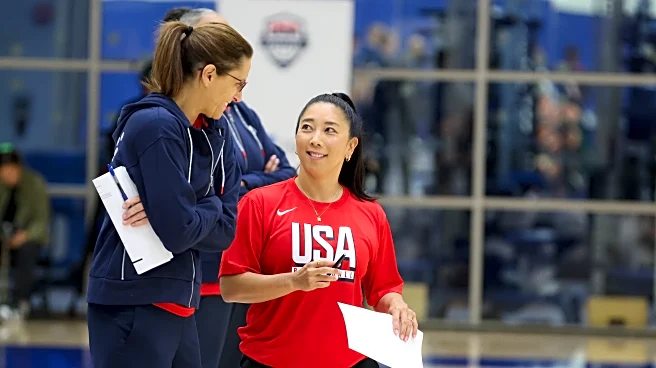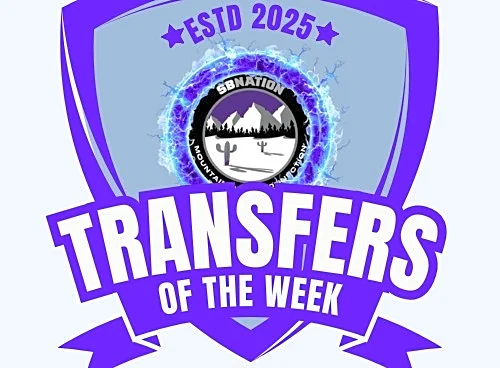What's Happening?
Pfizer has successfully acquired Metsera, an obesity biotech company, for approximately $10 billion, marking a significant increase from its original bid. This acquisition concludes a notable bidding war
in the biopharma industry. Concurrently, President Trump facilitated a pricing agreement for GLP-1 drugs, with Eli Lilly and Novo Nordisk agreeing to offer their medications at about $350 per month, a substantial reduction from their current list prices. Eli Lilly's Zepbound and Novo Nordisk's Wegovy were previously priced at $1086 and $1350, respectively. Despite these reductions, compounders continue to offer competitive pricing. Additionally, Eli Lilly reported promising results from a mid-stage study of its amylin agonist eloralintide, showing 20% weight loss, and announced new partnerships targeting metabolic diseases and genetic eye disease therapies. The FDA has also awarded priority review vouchers under its Commissioner’s National Priority Vouchers program, focusing on products already on the market.
Why It's Important?
The acquisition of Metsera by Pfizer and the GLP-1 pricing agreement represent significant developments in the pharmaceutical industry, potentially affecting drug pricing and accessibility. The pricing deal could make obesity treatments more affordable for patients, impacting public health positively. Pfizer's acquisition strengthens its position in the obesity treatment market, potentially leading to increased innovation and competition. Eli Lilly's advancements in weight loss treatments and strategic partnerships may enhance its market presence and drive further research in metabolic and genetic diseases. The FDA's priority review vouchers aim to expedite the availability of important medical products, reflecting a focus on addressing urgent health needs.
What's Next?
Pfizer's acquisition of Metsera may lead to further developments in obesity treatment options and market strategies. The GLP-1 pricing agreement could prompt other pharmaceutical companies to reconsider their pricing strategies, potentially leading to broader industry changes. Eli Lilly's ongoing research and partnerships may result in new treatment options for metabolic and genetic diseases, influencing future healthcare practices. The FDA's priority review vouchers could accelerate the approval process for critical medical products, impacting patient access to new therapies.
Beyond the Headlines
The pricing agreement for GLP-1 drugs highlights ongoing challenges in balancing drug affordability with pharmaceutical innovation. Ethical considerations regarding drug pricing and accessibility remain central to discussions in the healthcare industry. The FDA's focus on priority review vouchers underscores the importance of regulatory frameworks in facilitating timely access to essential medical treatments, reflecting broader societal and healthcare priorities.











